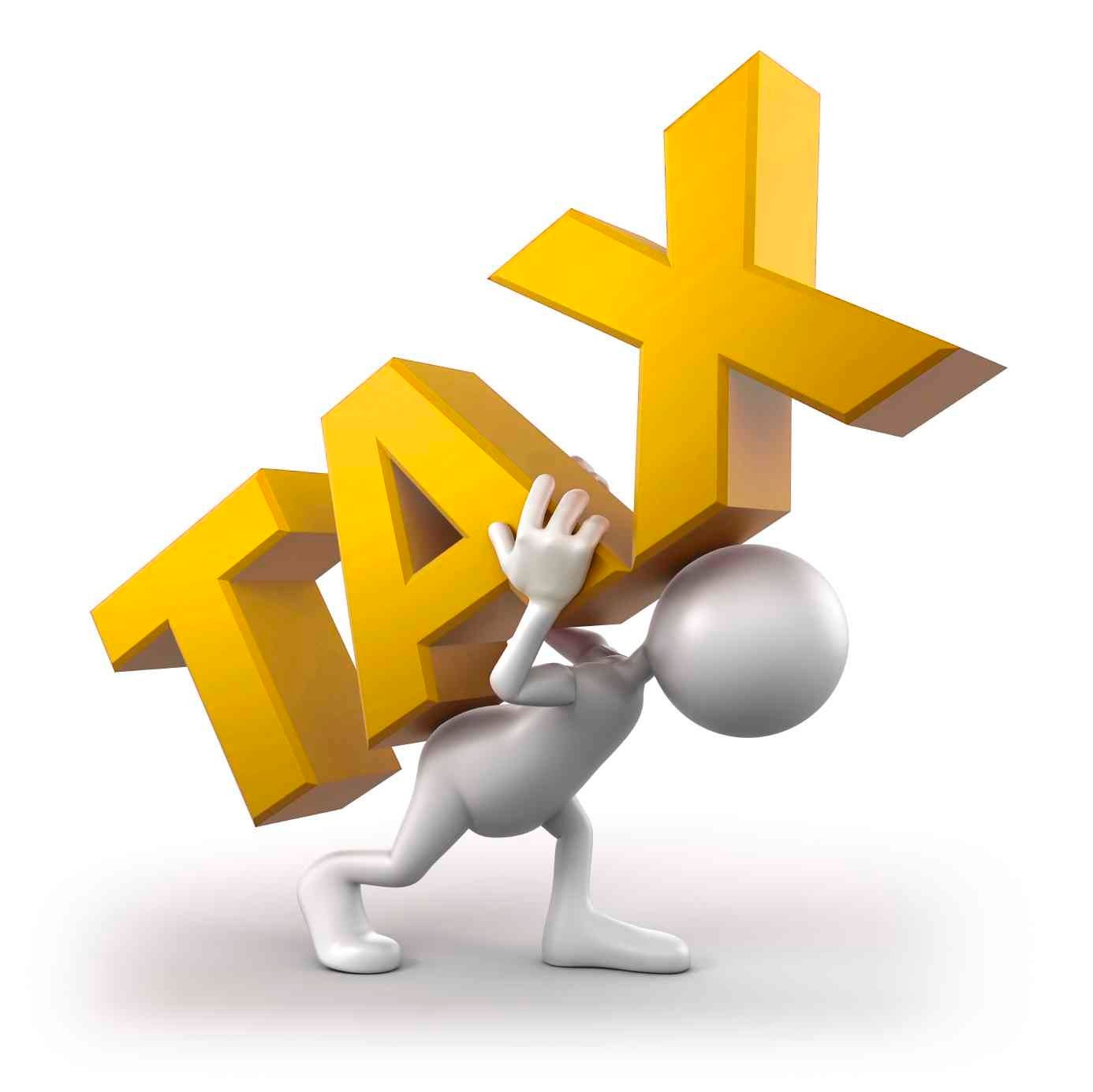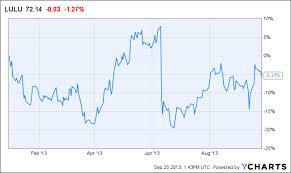Death and Taxes
- By Trusha Desai
- •
- 05 Aug, 2015
- •
August 5, 2015

"In this world, nothing can be said to be certain, except death and taxes." ~ Benjamin Franklin
We prepare for one, and not the other. We prepare wills and sometimes forget to keep them updated ... until it is too late and we are not around to ensure that our wishes are fulfilled. We pay taxes daily without thought, (ah yes! that skinny vente cappuccino had tax on it, did it not?) and yet there are annual taxes that we do not anticipate or prepare for.
As a seasonal personal Canadian income tax prepare and consultant, I find that the shoe box approach works for some people. There are some who are ultra-organized as far as their receipts go: but that is how they are in life. If their work desk is not cluttered, if their closet shelves are not cluttered, their shoe box will be organized. Come tax time, they will be happy, their tax consultant will be happy and the Canada Revenue Agency will be happy too.
For corporate or business taxes, it is ideal to organize receipts on a monthly basis to be handed over to the bookkeeper / accountant. They should be maintained that way until a filing system is set up. This system will depend on the volume of the receipts. All bank statements and credit card statements are also required to be kept safely. For personal taxes, it might be beneficial to sort receipts by category, such as medical, donations, political contributions, fitness tax credit receipts, transit passes etcetera.
As I said to a client, "When I was recently paid cash for e-filing taxes, my bank wondered why they received cash in the ATM?"
We prepare for one, and not the other. We prepare wills and sometimes forget to keep them updated ... until it is too late and we are not around to ensure that our wishes are fulfilled. We pay taxes daily without thought, (ah yes! that skinny vente cappuccino had tax on it, did it not?) and yet there are annual taxes that we do not anticipate or prepare for.
As a seasonal personal Canadian income tax prepare and consultant, I find that the shoe box approach works for some people. There are some who are ultra-organized as far as their receipts go: but that is how they are in life. If their work desk is not cluttered, if their closet shelves are not cluttered, their shoe box will be organized. Come tax time, they will be happy, their tax consultant will be happy and the Canada Revenue Agency will be happy too.
For corporate or business taxes, it is ideal to organize receipts on a monthly basis to be handed over to the bookkeeper / accountant. They should be maintained that way until a filing system is set up. This system will depend on the volume of the receipts. All bank statements and credit card statements are also required to be kept safely. For personal taxes, it might be beneficial to sort receipts by category, such as medical, donations, political contributions, fitness tax credit receipts, transit passes etcetera.
As I said to a client, "When I was recently paid cash for e-filing taxes, my bank wondered why they received cash in the ATM?"



